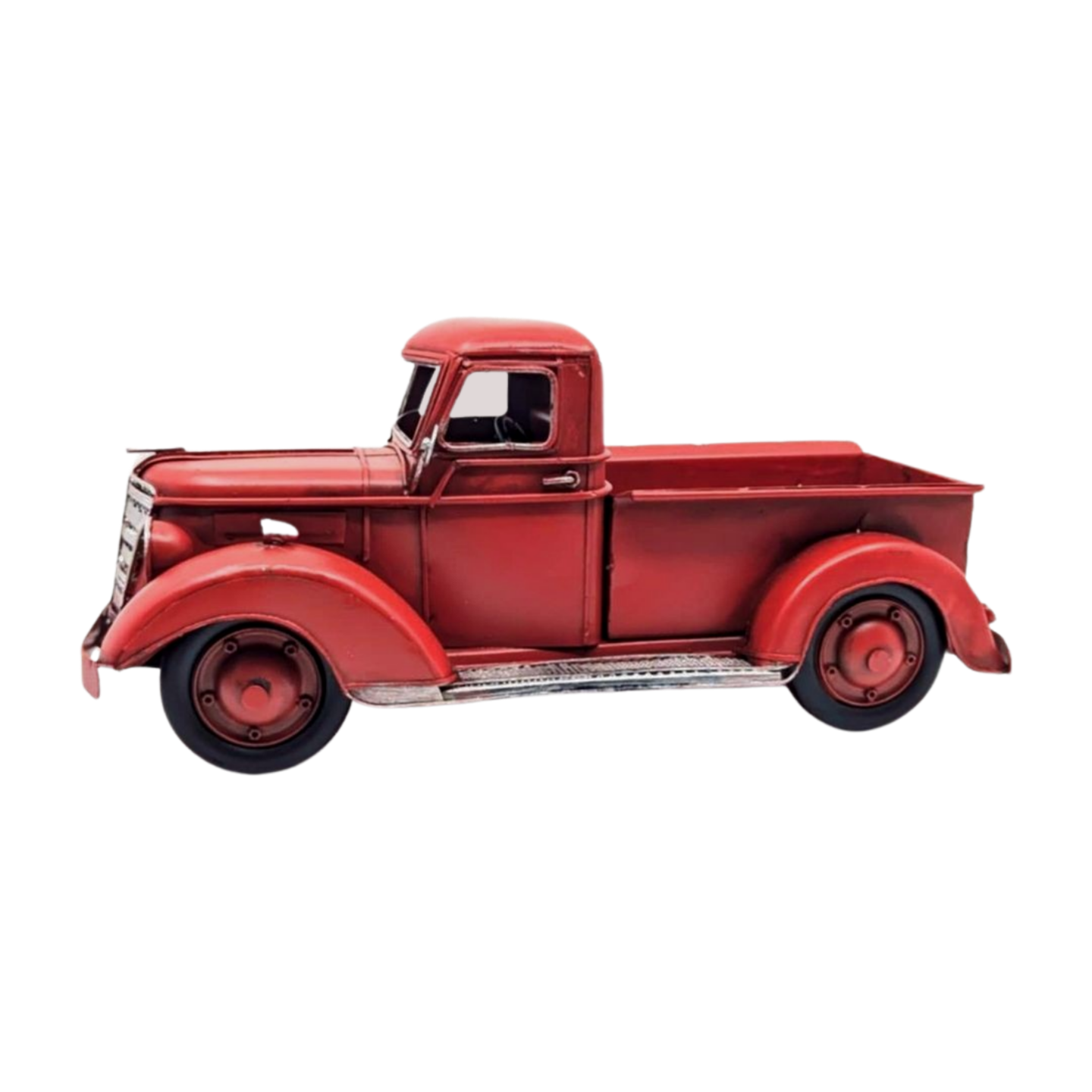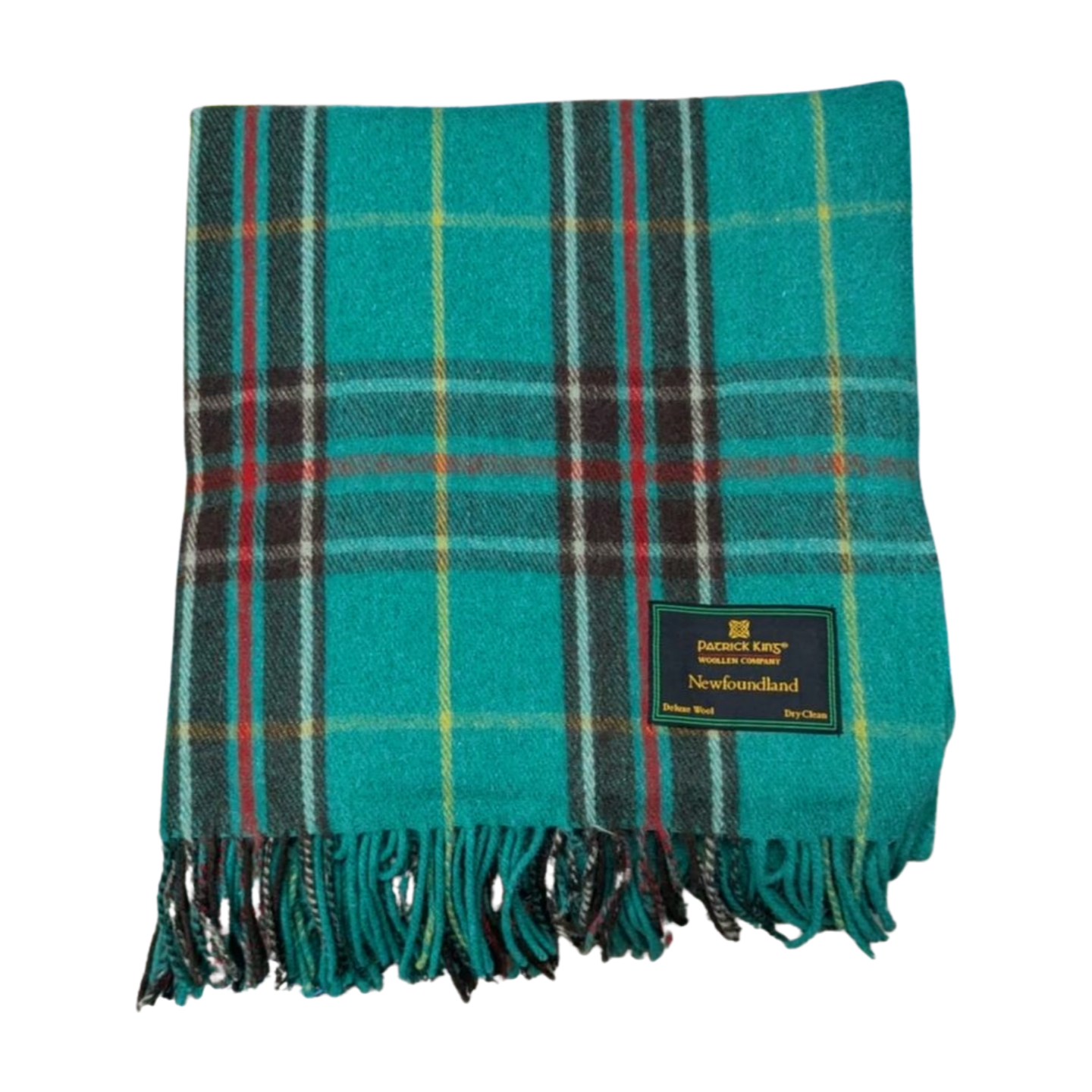By Roy Dwyer
There was a time when dogs were plentiful in the harbour. Back then, families that didn’t have a horse usually had one or two dogs which, when harnessed to a hand-slide, were useful for hauling water and firewood during the winter months. Gunners found them useful as well. While most gunners used a punt or a floating jigger to retrieve sea ducks shot from a ballicattered shoreline, some often kept a water dog for that purpose.
Rarely considered pets, their value was measured by their willingness to work in their traces (tackling) or unhesitatingly leap into the icy waters of a northern sea. A hardy mixture of various breeds, most dogs remained outdoors in all seasons and all weather and sought shelter under buildings or in the lun of cellars and woodpiles. No doubt, in that mixture of bloodlines, some of their hard-iness could be traced back to the Labrador husky. A few were reported to have come ashore on drifting ice floes while others of the breed were brought back by schooner fishermen.
Harbour dogs usually roamed free, untended and undisciplined. De-prived of any veterinary services, breeding times provided many a clamorous spectacle when dogs were practically unmanageable much to the disgust of their owners and the public. Most likely, the reproof in the old saying, “You’re gone to the dogs,” originated from such incidents.
Their unpredictability was leg-endary. Sled dogs trotting along one minute would suddenly lie down in their traces and no amount of encouragement or swearing would get them moving until that bout of stubbornness passed. The obser-vation, “We’ll catch them when their dogs won’t haul,” no doubt earned its validity on such occasions.
While another old saying, “Every dog has its day” is open to many interpretations, for most sled dogs, Sunday was their day. On weekdays they were often hard to locate and woodcutters often spent much of their morning rounding up reluctant dogs and forcing them into tackling. No such effort was required on a Sunday morning when their dogs frolicked around the hand-slide, full of vim and vigour and waiting eagerly for the outside door to open.
Water-dogs also had a reputation for unpredictability. Retrievers, who on some mornings eagerly leapt into a surging sea, would on occasion refuse to venture out on a calm sea with ducks lying dead only a gunshot away. No doubt, on such occasions the curses of frustrated gunners echoed over the still waters as those ‘sons of bitches’ got quite an earful.
To their credit, harbour dogs were adept at survival.
While some owners were provident enough to lay aside a stock of dried capelin, salt herring and cod heads, others were not and their dogs frequently went hungry. Lean and hungry dogs often became saucy and the story is told of a boy, hardly in his teens, who was attacked on his way home from school. He managed to beat off the attacking dog and when its owner arrived on the scene another confrontation ensued.
“Tie up your dog or I’ll shoot it the next time he attacks me,” the boy warned.
“It’ll be a costly shot if you do,” the owner threatened.
“No, that’s what it won’t. It’ll only cost eleven cents for I’ll kill it on the first shot,” he retorted. That was the price of a cartridge (when sold out of the box as was the custom in those days) and the boy, a crack-shot since he could lift a gun, had the final say in that matter. Such confrontations, however, were rare as troublesome dogs were usually done away with by their owners before they became a threat in the community.
Then one day, to a harbour well acquainted with the vagaries and temperament of dogs, two fine specimens arrived on a mid-September morning. They came ashore on the Mescol, a trading boat owned by a prosperous mercantile firm with branch premises in Tilting. Aboard with the captain and crew was the owner of the firm and his friend, an English gentleman.
The wharf on that fine autumn day was a beehive of activity. Fishermen in deeply loaded punts and skiffs waited in turn to yaffle their fish onto the culling board where it was graded and sorted according to size and quality. Strong arms strained as hand-barrows of graded salt cod were lugged to the storeroom where huge balance scales weighed the transactions into quintals and pounds. Trade was brisk. The stockpile of fish was growing and the air was filled with the wholesome aroma of dried salt cod.
The Mescol’s arrival brought a lull to the activity which was about to resume when the English gentleman stepped up on the wharf. “Mr. Tweed,” someone joked as the gentleman was stylishly dressed from head to toe in a sporting outfit made from that cloth. Both dogs, each on a leash, had jumped up on the wharf ahead of him. Alert and well-groomed, they were most certainly different in breed and temperament than the harbour dogs. The English gentleman was undoubtedly proud of his companions and most certainly eager to elaborate on the wonderful qualities each possessed.
“What kind of dog is that one?” an old fisherman asked.
“That one, my dear man,” said the gentleman with an air of superiority, “is a Pointer.”
He was about to inform the gathering of the other dog’s pedigree when another old fisherman very emphatically piped up, “Then, that other one must be the DISAPPOINTER.”
To say the least, among that group of fishermen, there was hardly a chance of anyone being overly impressed by dogs.









